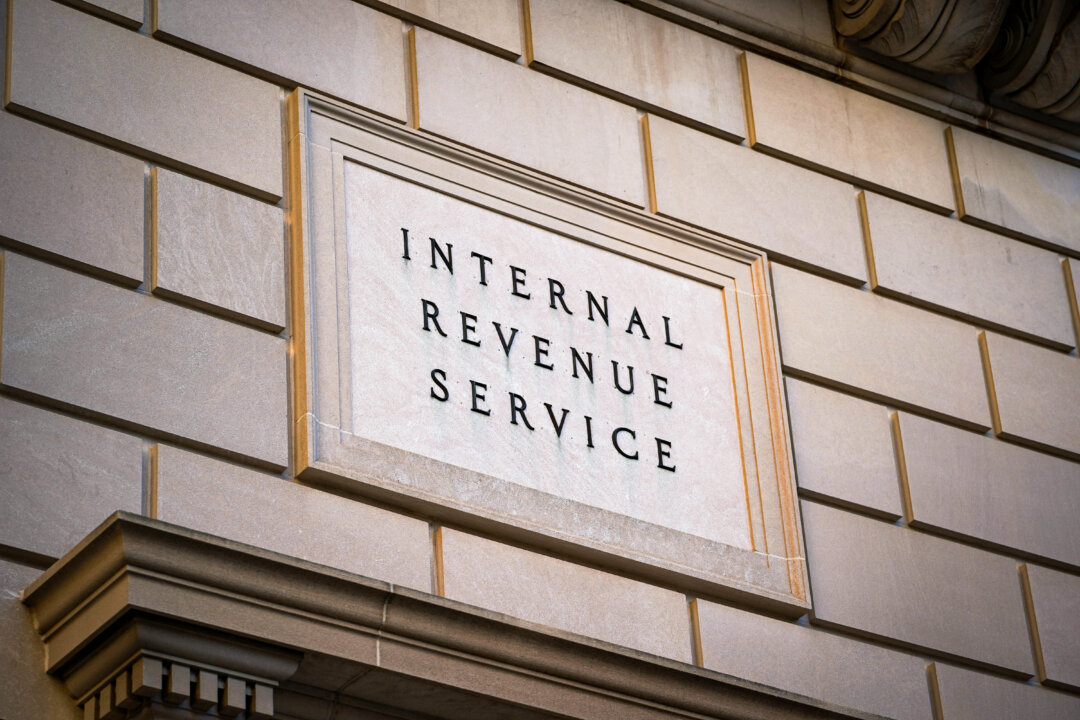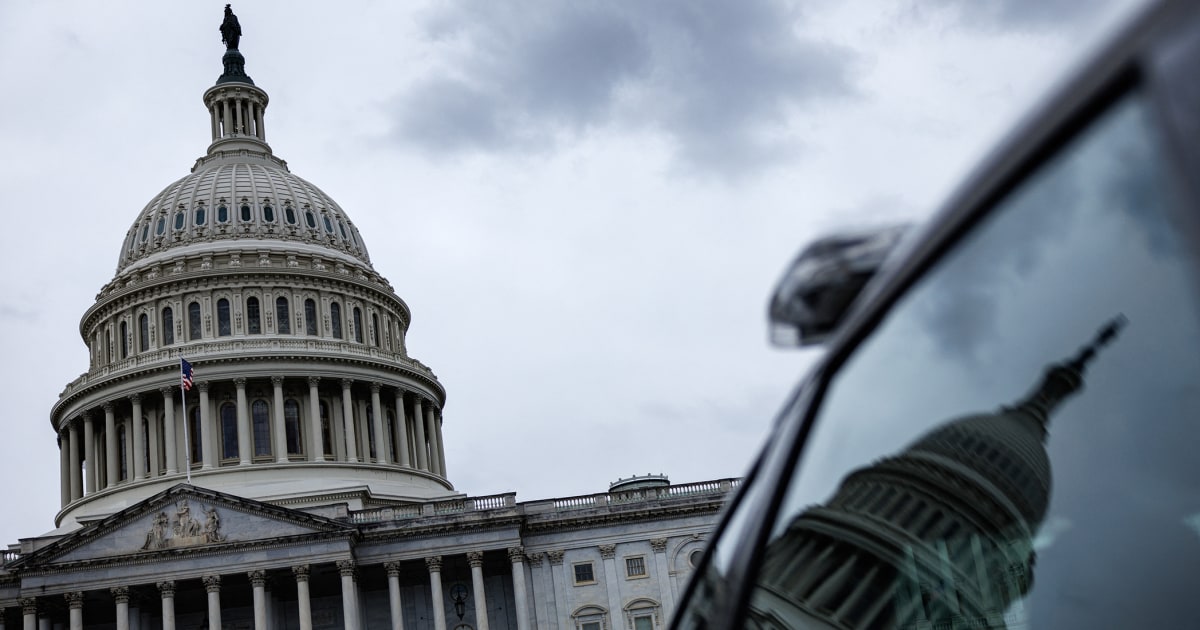
The Internal Revenue Service (IRS) and the U.S. Treasury Department have announced new rules to broaden access to tax credits for certain types of co-owned projects, with the aim of accelerating the buildout of the clean energy economy.
“Today’s rules will increase the availability of capital for clean energy projects by providing certainty and flexibility for state and local governments, Tribes and territories, non-profits, and more to benefit from these resources.” The new guidelines relate to arrangements in which entities partner to co-own clean energy projects. For example, a tax-exempt non-profit could team up with a for-profit developer or multiple tax-exempt entities or governments could jointly invest in a project.

Under the new rules, eligible co-ownership arrangements can be organized in a way that gives rise to clean energy tax credits for which direct pay is available. Normally, partnerships are not eligible for direct pay. However, by modifying partnership tax rules to allow co-owned clean energy projects to opt out of partnership status for tax purposes, the new rules allow eligible project co-owners to individually claim their share of the tax credits.
Co-owners who are eligible for direct pay can then take advantage of the direct pay arrangement, while those who are ineligible can use transferability rules under the Inflation Reduction Act (IRA) to transfer their share of the clean energy incentives from the project as tax credits. By improving access to direct pay for co-owned energy initiatives, the new rules are expected to incentivize clean energy projects and accelerate the transition to a greener economy, according to the Treasury Department. The move is part of ongoing efforts under the Biden administration to promote renewable energy investments and reduce carbon emissions.
The new rules are set to take effect on Jan. 19, 2025..














